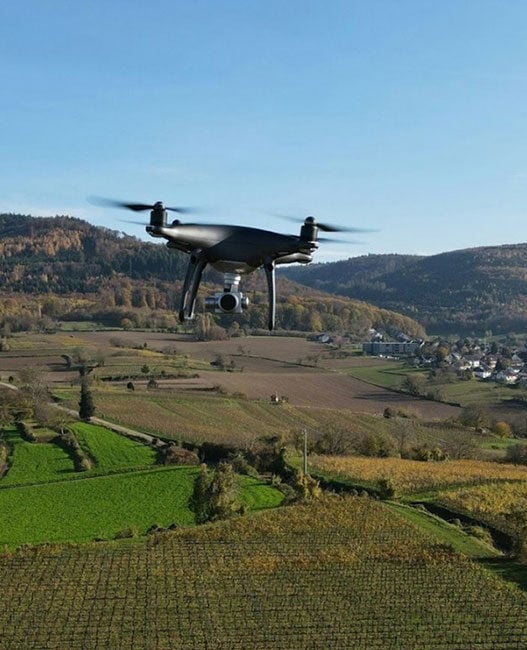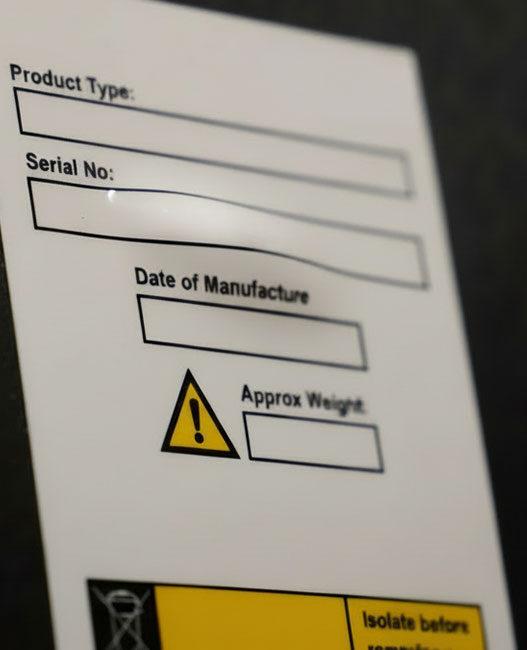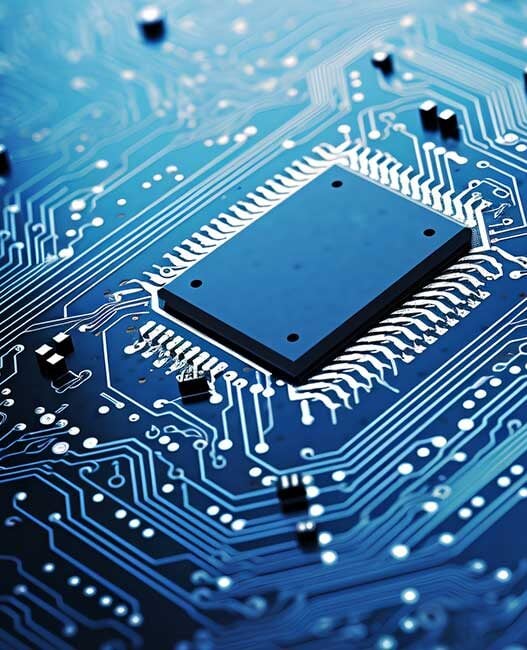Supported by more than £30m in grant funding from the EPSRC and EUGSS, GSS launched in 2010 to commercialise two decades of research and development by the University’s Professor Asen Asenov.
Today, GSS operates on a global scale and contributes to the trade export goals of the Scottish and UK governments. More than 90% of GSS’ turnover is generated through export of software licences and service contracts to major semiconductor players in US, Europe and Asia.
The GSS tool suite provides licensees with cutting-edge software tools capable of simulating and predicting the effectiveness of new efforts to further the miniaturisation of complementary metal oxide semiconductor (CMOS) chips. As CMOS chips decrease in size and increase in complexity, they become increasingly likely to suffer structural imperfections known as ‘statistical variability’. These imperfections can lead to expensive and wasteful reductions in manufacturing yields and the creation of chips which are more likely to fail.
The tool chain, which is fully integrated and automated, includes GARAND, the GSS ‘atomistic’ TCAD simulator; Mystic, the GSS statistical compact model extractor; and RandomSpice, the GSS statistical circuit simulator.
GSS claims that the tool suite is the worlds only fully integrated tool chain that performs simulation- based Design/Technology Co-Optimisation (DTCO) in advanced bulk, FDSOI and FinFET CMOS technologies, including statistical variability and reliability.
Francis Benistant, TCAD Manager, GLOBALFOUNDRIES, said: “The GSS simulation tools offer significant competitive TCAD advantages that support technology development by providing a seamless flow from Monte Carlo transistor simulation through physical simulation of statistical variability, extraction of accurate statistical compact models, and circuit simulation.
“This integrated tool-chain provides a highly efficient TCAD environment that greatly accelerates technology design and circuit Co-Optimisation, allowing GLOBALFOUNDRIES to accelerate its technology development.”
Professor Asen Asenov, CEO of GSS and James Watt Chair in Electrical Engineering at the University of Glasgow, said: “We are delighted to have GLOBALFOUNDRIES as a GSS customer. I believe this relationship will prove to be highly symbiotic and will lead to advances in both GLOBALFOUNDRIES technology offerings and in driving future developments in the GSS tool chain.”















